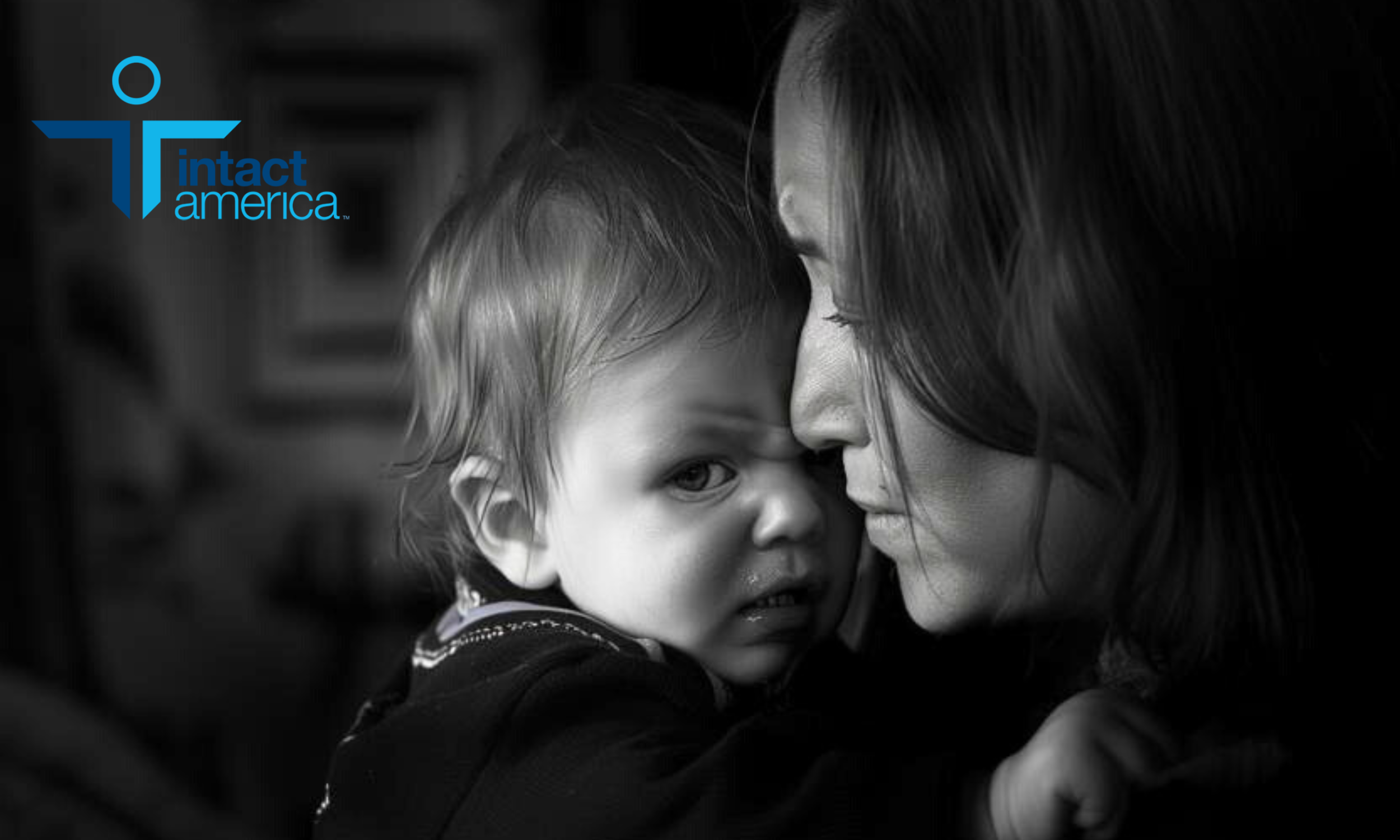I was born in 1944 in a small town in central Ohio. I learned early on that my penis was different than most boys’. In elementary school, going to the bathroom for No. 1 was like “show all, tell all.” I was still too young to have retracted my foreskin naturally to get the “cut look.” My Dad was uncut so I thought I was normal, but I got teased by other boys standing in the next stall over for having a “ding dong” with a point on the end. The guy who did most of the teasing had a bigger one. I felt embarrassed about the size difference but also about being uncut.
I can still remember that guy’s name. I felt kind of sorry for him. He was tall, the playground bully, and he lived at the Children’s Home in my hometown. When we got to be 5th or 6th graders, he could hit that softball for miles on the playground. I lost track of him. Someone said later he might have gotten killed in Vietnam.
In Junior High School, still feeling self-conscious about looking different from other boys, I hid my penis when taking showers after gym class by keeping a towel around my waist. My parents told me I wasn’t circumcised when I was born in 1944, because I was premature and wouldn’t have survived the procedure.
My baby brother was born in 1948, and I was forced to watch his circumcision. Our family doctor came over one April morning, and they laid my brother out on the kitchen table and the doctor cut him. He screamed with pain, and that memory shakes me to this day. I can remember my Mother saying, “If you are not a good boy, this will happen to you.” To me, that meant that my penis would be cut off; at age 4, I had no idea what a foreskin was.
So, I was a very good boy, but scared my whole life until I got big enough to fend for myself. My Mom also had told me I was ugly down there so I never thought I would be able to attract any woman and one day have children. It wasn’t until I went to college that I heard that the Europeans didn’t do routine circumcision. I found a French girl, and she took a chance on me.
Even though I am not circumcised, I’ve been haunted by circumcision trauma my entire life. First, being different; then being forced to witness my brother being cut and threatened with the same fate; then my mother telling me how ugly my penis was; and much later, when I was beginning my professional career in a hospital, having to pass by the newborn nursery where there was a circumcision room, and hear the screams.
I truly do not know how anyone can think this is something that is alright to do to a baby.
— RHF, Youngstown, Ohio
Interested in lending your voice? Send us an email, giving us a brief summary of what you would like to write about, and we will get back to you.





